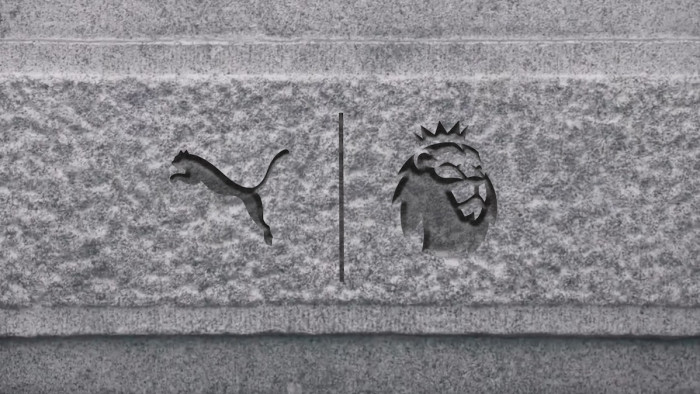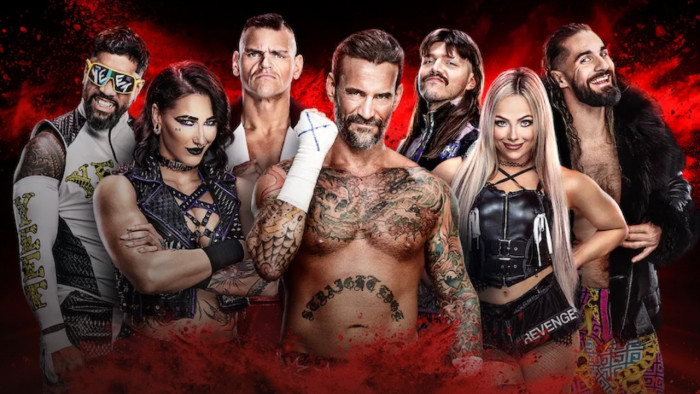Gary Lineker reveals why Ronaldo and Suarez are doomed
They're two of the best players in the world, but their days are numbered


Two years ago, the prospect of Cristiano Ronaldo and Luis Suarez struggling in front of goal would have been laughed off.
The pair scored a combined 117 goals for club and country in the 2015/16 campaign, at a rate of almost a goal per game, with Ronaldo having notched 66 times in the previous season.
However, this year, it’s a different story: Real Madrid’s Ronaldo has impressed in Europe but scored just twice in La Liga, while Suarez has found the net six times for Barcelona domestically but failed to score in the Champions League.
It could just be a blip from which the pair return, but it could be age catching up with them – something from which we thought they might be exempt.
That’s the thing with downturns like this, though. Sometimes they’re gradual declines, mitigated by changing individual situations, but on other occasions they’re painfully sudden.
One man who knows all about this is BT Sport presenter Gary Lineker. The former England striker went from being the second-highest scorer in the English top-flight with 28 goals to early retirement after struggles with form and fitness in Japan.
Lineker spoke to ShortList ahead of this week’s final round of Champions League group games to shed light on how the challenges facing Ronaldo and Suarez affect different players in different ways, with the only constant coming in the knowledge that they’re almost certain to strike someday.

The ageing process is, frankly, a bastard.
At some point in your life you’ll find something you’re really good at, stay good at it for a little while, and then realise your ageing mind and body have stopped you in your tracks. And that counts double for professional athletes.
If one dog year is equivalent to seven human years, 12 months spent out injured feels like a great deal more in real terms when it happens at the peak of your powers.
However, for those who look after their body and have the fortune to remain broadly injury free, the strain of 60-game seasons can take its toll when you least suspect it.
“It doesn’t matter who you are, how good you are, whether you’re Ronaldo or Messi or anyone, something at some point happens in your 30s and you can’t do it at the same level you could do it at before,” Lineker says.
“You lose a little bit of speed, you lose a little bit of power, it’s just that horrible thing called age.
“Even though, relatively speaking, they’re still really young, in football terms they’re not, and however good you are, that will happen.”
Ronaldo is likely to have tallied 900 or more career games by the time the World Cup rolls around next summer, by which time he will be 33 years old – that’s nearly 300 more than Lineker totted up by the time he retired at the same age. Suarez, meanwhile, is within 25 of Lineker’s career total of 647 despite only turning 30 earlier this year.
With a busier international calendar, and more European fixtures than the pre-Champions League era, the current generation are often peaking younger.
It used to be said that players peaked around the age of 30, but there’s a case for that point coming earlier and earlier as the divergence of experience and physical exhaustion changes.

Suarez is yet to score in this season’s Champions League
There are some exceptions, of course – Manchester United striker Zlatan Ibrahimovic has scored more than half of his 482 career goals since his 30th birthday, while Egyptian goalkeeper Essam El-Hadary is anticipating starting at the upcoming World Cup at the age of 45, and Italy number one Gigi Buffon would have done the same at the age of 40 had his country qualified.
However, the ticking clock has its most dramatic effect on a certain type of forward, namely one who has generally played off the shoulder of the last defender and benefited from a burst of pace which, eventually, stops being there.
Ronaldo has already reinvented himself once, developing into a more direct forward after starting out as a winger with Sporting CP, but it feels as though a second reinvention may be underway.
That may be a tougher ask for Suarez, who has relied on a certain way of playing for longer, and Lineker recognises how tempting a tool denial can be in the fight against time.
“You try and kid yourself it’s not happening to you, but you’re already seeing it with Ronaldo,” he says.
“He hasn’t quite got that breathtaking burst of pace he used to have; he’ll still do well and hopefully still have a few more years left in him, but it will be a gradual demise, if that’s the right word.
“Midfield players can perhaps keep playing a little longer, but when you’re talking about the dynamic players, the strikers, the ones that have to explode past people, it’s generally a bit younger for forwards.
“You’ll get the odd freak of nature like a Ryan Giggs or a Jermain Defoe, that are naturally fit, and even then you can see it going. Some players will last a bit longer than others, but [the decline] will happen.”

Ibrahimovic is chasing back-to-back European trophies with Manchester United
Suarez will hope to get off the mark in Europe this week against a Sporting side who need to win in Barcelona to stand a chance of progressing, while Ronaldo’s Real Madrid are already assured of second place behind Tottenham Hotspur in their group.
Spurs could end up as one of five English teams to top their group, depending on results elsewhere on the continent, and while Lineker isn’t surprised by his former club’s success, he’s been taken aback a little by the speed at which the Premier League has gone from having one team in the last eight of the competition to a potential five in the last 16.
“I thought the gap would close, but it’s actually closed a lot quicker than I thought, in the sense that all our teams have been competitive,” he says, pointing to the cyclical nature of football.
“Real Madrid and Barcelona are always there, even though you look at both sides at the moment and wonder if they’re slightly past their peak with their big star players in their 30s now.
“Ronaldo and Messi are the obvious examples but Pique, Iniesta, Ramos - there’s one or two of their big stars coming to the end of their careers.”

Ronaldo: prolific in Europe, struggling at home
Tottenham and Liverpool have had two of the youngest starting XIs in this season’s competition, with Spurs starting 10 outfielders with an average age of just over 24 in their win in Dortmund and Liverpool’s full XI for their draw in Moscow averaging 25.1 years of age.
Not a single finalist in the last decade has named an older XI than Juventus last season, with manager Max Allegri picking just three players under the age of 27 for his team’s defeat to Real Madrid. However Manchester City may have hit the sweet spot with their oldest group stage line-up coming in at just over 27 years of age.
City have other things going for them too, of course – not least their unbeaten run across all competitions, winning 19 of their 21 games inside 90 minutes – and Lineker sees them as the most likely English team to go all the way.
“You would say City are quite rightly second favourites for the title behind PSG because they’re pretty prolific, they’re playing beautiful football, and they’re comfortably top of the Premier League so of course they’re our best hope,” he says.
“They’re much stronger in front of goal, their full-backs are doing well and they’ve bought well. They’ve not gone out and bought the big superstars but they’ve bought sensibly and well and across the board.”
“But come the knockouts it could be different. You get two or three players injured… and don’t forget we have that ridiculous amount of fixtures over the Christmas period.
“We have an exhausting programme whereas everyone else in Europe takes a winter break, so we don’t do ourselves any favours.”
Still, with City running away with the Premier League title as things stand, perhaps they won’t have too much to worry about come February when the knockout games begin.
BT Sport is where the best in sport go head to head. Watch every game from the UEFA Champions League and UEFA Europa League exclusively live on BT Sport, online and via the BT Sport App. For more info visit www.BT.com/sport
(Images: Rex Features/BT Sport)
Latest
Related Reviews and Shortlists









